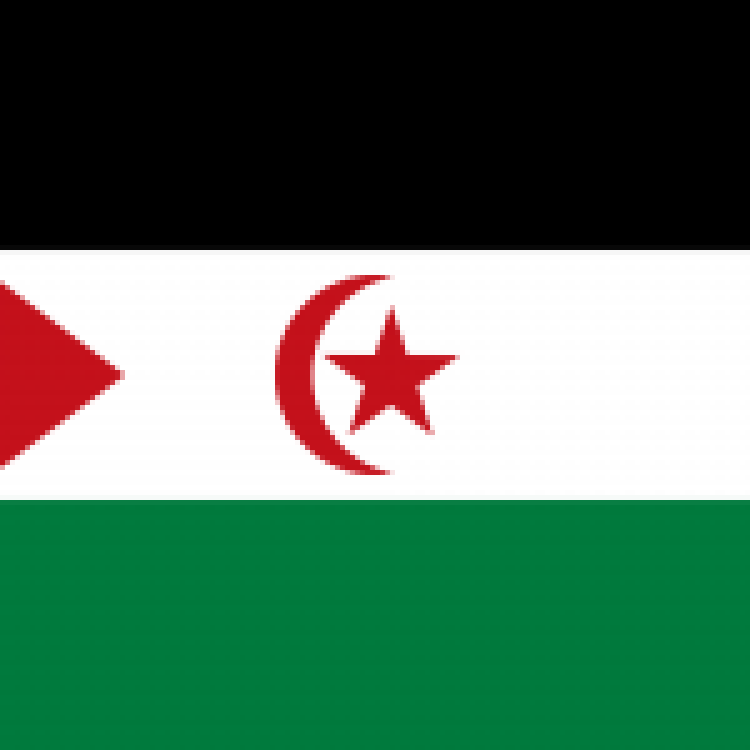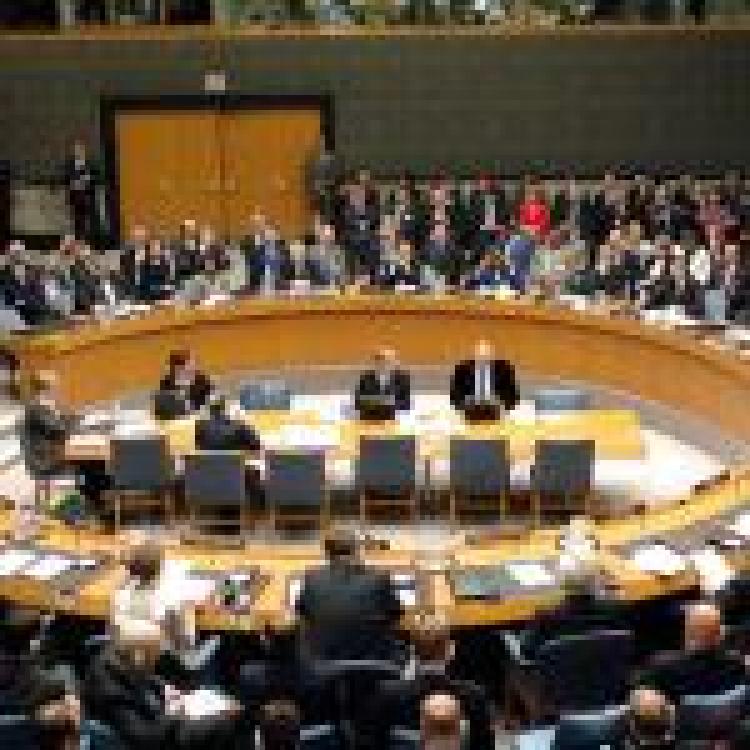<p>The United States House of Reprasentatives on Friday passed a bill separating Western Sahara’s aid from its programme in Morocco on Friday.</p>
<p>The new bill outlines language on Western Sahara in a separate section to Morocco. Previously text on aid for the region was covered under the remit of Moroccan aid.</p>
<p>Responding to the new US legislation on aid to the Western Sahara and Morocco, the Polisario Front envoy to Washington, said,</p>
<p>“Having Western Sahara under its own title in accordance with international law. Even the State Department’s annual report on human rights reports on Western Sahara as a different entity from Morocco. The Saharwis express their gratitude to the US Congress for this consideration”</p>
<p>The new bill will now have to be passed through the US Senate for final approval.</p>
<p>The Moroccan Embassy in Washington declined to comment on record. Morocco has spent $2.1 million lobbying Congress against the recognition of Western Sahara since 2017, reports <a href="https://www.al-monitor.com/pulse/originals/2019/01/congress-spending-bi…">Al-Monitor.com.</a></p>
<p>When Congress first authorised US Agency for International Development (USAID) to work with Morocco and economic assistance in the disputed Saharwi territory in 2016, the Obama administration remained wary that the program would legitimise Morocco’s occupation, reports Al-monitor.com.</p>
<p>The latest US bill update comes after the UN Security Council last month passed a resolution extending the mandate of the UN Secretary General envoy on Western Sahara (MINURSO), to seek a political solution providing self-determination for the people of Western Sahara.</p>
<p>The resolution triggered internationally administered talks to address the political deadlock between Morocco and Frente Polisario, the main armed resistance movement representing the Saharwi people of Western Sahara. </p>
<p>The US national security advisor John Bolton last month called for a swift resolution to the Western Sahara situation, calling for the UN resolution to be fully administered.<br>
“All we want to do is hold a referendum for 70,000 voters. It’s 27 years later, the status of the territory is still unresolved,” Mr Bolton said last month.</p>
<p>Shortly after the passing of the resolution the United Kingdom Deputy Political Coordinator, David Clay, <a href="https://www.gov.uk/government/speeches/path-to-providing-self-determina…">said,</a></p>
<p>“<strong>The UK was pleased to vote in favour of this resolution today, which supports the work of the UN Secretary-General’s Personal Envoy, Mr Horst Koehler, and rightly focuses on progress that must be made towards a lasting and mutually acceptable solution that will provide for the self-determination of the people of Western Sahara. We are very grateful to our US colleagues for their efforts to ensure this resolution sends a signal of the Council’s strong support for political progress whilst underpinning the important work of MINURSO.”</strong></p>
<p>The first round of talks, seeking a permanent political solution, headed by the offices of the UN Secretary General Antonio Gutterres succesfully took place in Geneva last month. Antonio Gutterres, former UN High Commissioner for Refugees, was a catalysing factor in diplomatic support for East-Timor’s independence during its conflict with Indonesia.</p>
<p>The last few years have seen Morocco <a href="https://thediplomat.com/2017/03/morocco-chinas-gateway-to-africa/">labelled as</a> China’s gateway to Africa. 2016 saw Morocco host the first Sino-African Entrepreneurs Summit, in Marrakech. Later that year, Morocco’s King made a high level state visit to China and secured $10 billion investment plan for China to develop an industrial city in Morocco’s northern city of Tangiers. Morocco also dropped visa requirements for Chinese tourists in response to deepening relations. </p>
<p>Morocco’s strengthening relations with modern day China stem from the inception of the People’s Republic of China (PRC). Following the end of the civil war between PRC and Taiwan, Morocco was the second country in Africa to recognise the People’s Republic of China and establish diplomatic relations in 1958.</p>
<p>Despite China’s deepening economic ties with Morocco and historic trend of supporting non-intervention at the UN Security Council, it has continued to allow US backed Security Council resolutions on Western Sahara self-determination to pass by abstaining. </p>
<p> </p>
<p> </p>
A former Sri Lankan military officer has been arrested after he reportedly raped a…


